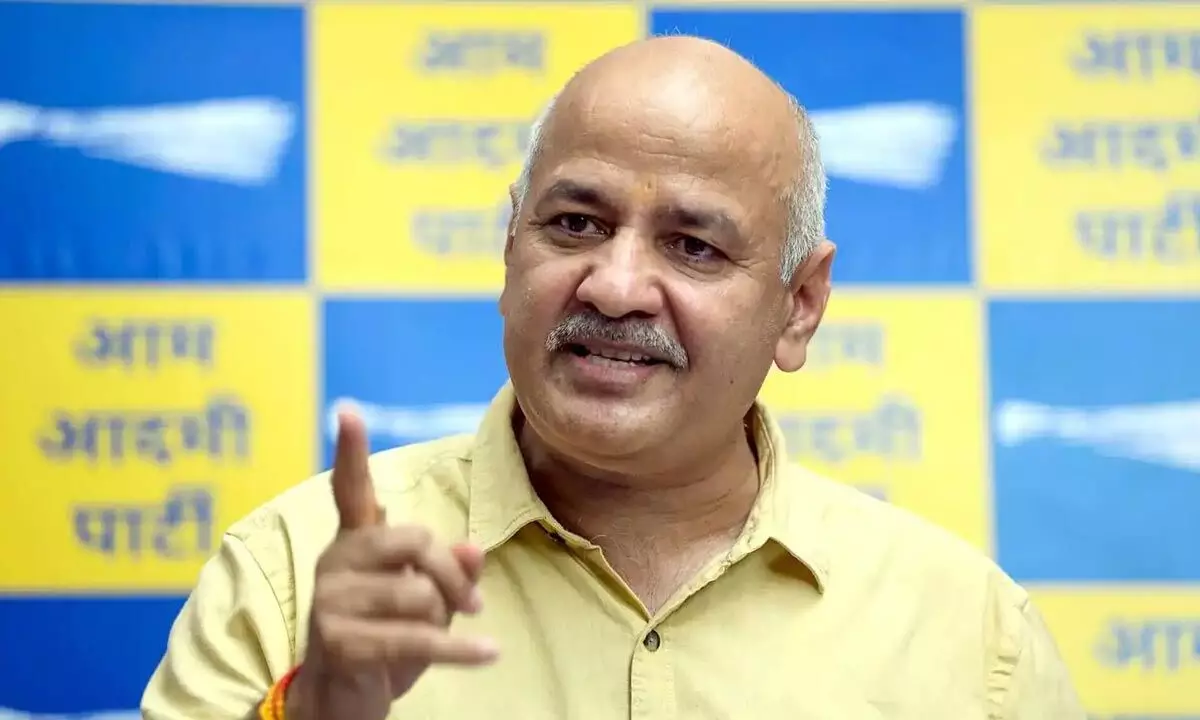The unfolding of Delhi liquor scam
Delhi government discontinued the Excise Policy 2021-22 from August 1, 2022, as a result 468 private liquor shops operating in the city, shut from August 1 as licenses expired on July 31. There was a mad rush at liquor vends as the supply chain was affected.
image for illustrative purpose

Delhi government discontinued the Excise Policy 2021-22 from August 1, 2022, as a result 468 private liquor shops operating in the city, shut from August 1 as licenses expired on July 31. There was a mad rush at liquor vends as the supply chain was affected.
As such Delhi was experiencing short supply of liquor for some months now. While the situation was such, came another shocker for the AAP government when Chief Secretary of Delhi on July 8, reported that there has been 'deliberate and gross procedural lapses to provide post tender undue benefits to liquor licensees' for the year 2021-22'. The Chief Secretary's report also pointed out to prima facie violations of GNCTD Act 1991, Transaction of Business Rules 1993, Delhi Excise Act-2009 and Delhi Excise Rules – 2010.
Based on the Chief Secretary's letter and the corruption murmur in the capital, the Delhi Lieutenant Governor, Vinai Kumar Saxena recommended a probe by the Central Bureau of Investigation (CBI).
The Alcobev industry was at its wits end. The alcobev industry which had hailed the Delhi Government's new Excise Policy 2021-22 is at its wits end with the political battle going on. Many industry experts had hailed the policy, but had complained that implementation was the stumbling block.
Manish Sisodia in a press conference has put all the blame on the BJP for the excise crisis, stating that private vendors were threatened by the Enforcement Directorate and the CBI, forcing them to shut shop. The BJP, on the other hand, has alleged that the Delhi Government had doled out licenses to private vendors on a quid-pro-quo basis, charging AAP of large scale corruption.
In the Gujarat model where there is prohibition, but illegal liquor trade is strong, leading to illicit liquor, consequently to hooch tragedies. Another reason for the BJP to derail the Delhi policy was as the former feared that the state revenue would jump from Rs6,000 crore to Rs9,500 crores which would mean the success of the new policy.
As mentioned there were many good features in the policy, but the government failed to implement them. The Director General of the Confederation of Indian Alcoholic Beverage Companies (CIABC), Vinod Giri has said that the industry had taken up the matter with the Delhi Government to reduce the size of the zones to make the trade viable. He said by doing that, it would have reduced the financial stake of licensees, improved loss-bearing capacity, and prevented monopolies. He attributed the failure of the policy to bureaucratic apathy towards trade, while the policy per se was good, befitting a modern metropolis such as Delhi. He was hopeful that the policy would be tweaked, but right now the political din has taken over.
There have been many such niggling issues that the Delhi Government did not iron out, while it kept patting itself on its back that it had come up with a 'great policy' that eliminated corruption and the sale of seconds liquor. But the reality on the ground has been different, where actions did not match the words the AAP government kept bandying about. The capital is going to be mired in this controversy for some time now. The alcobev sector awaits new directives, till then the end consumer will have to find ways to quench their thirst.

